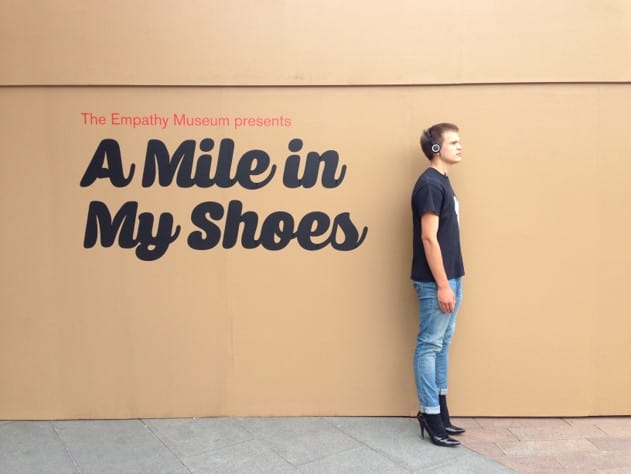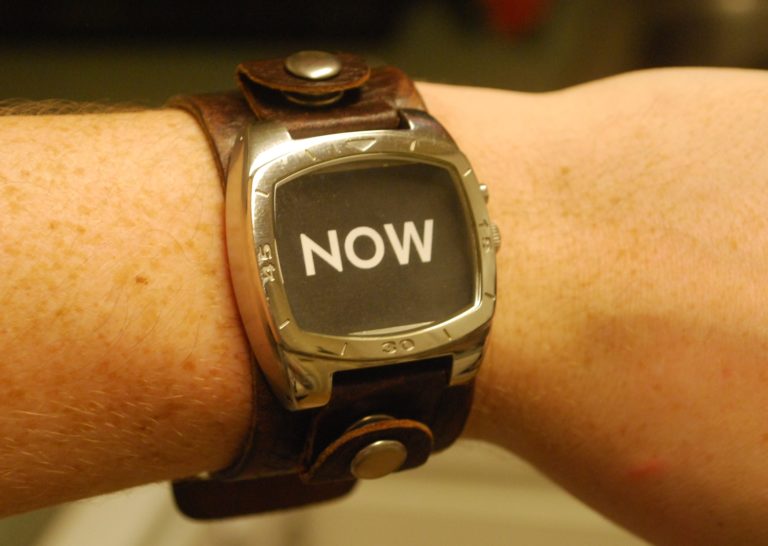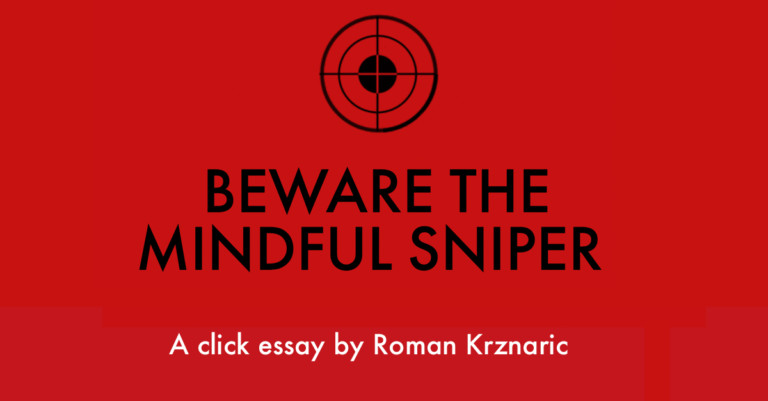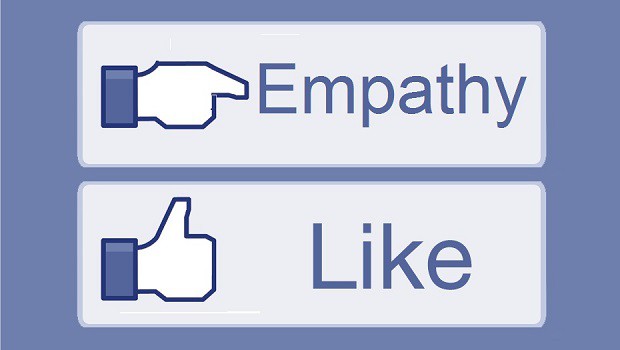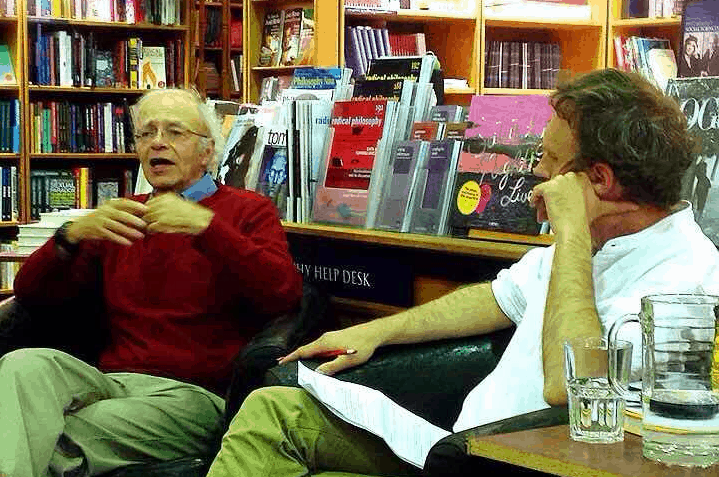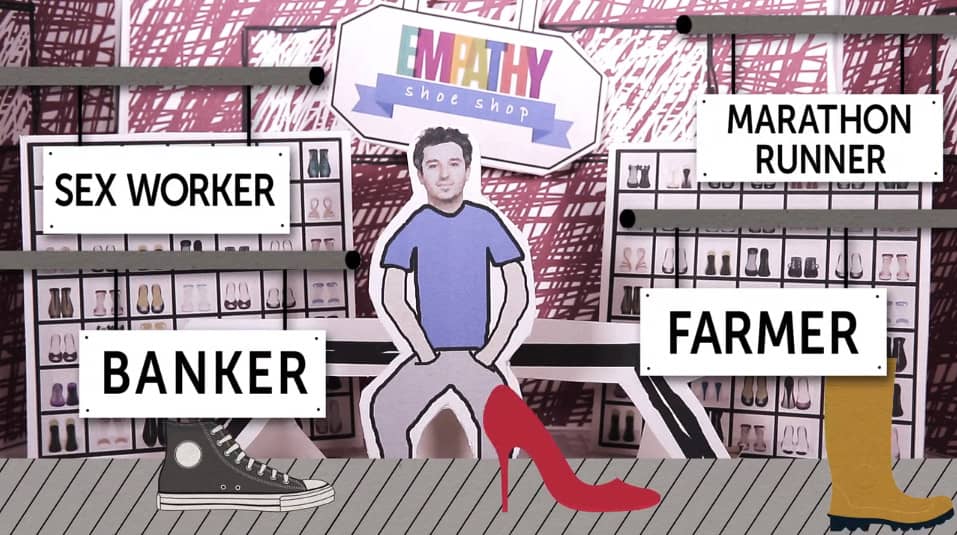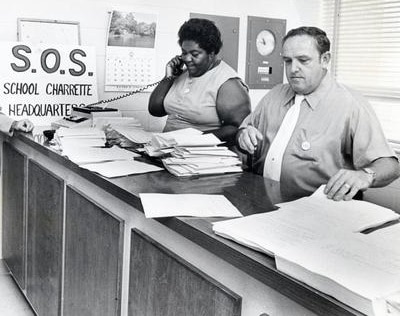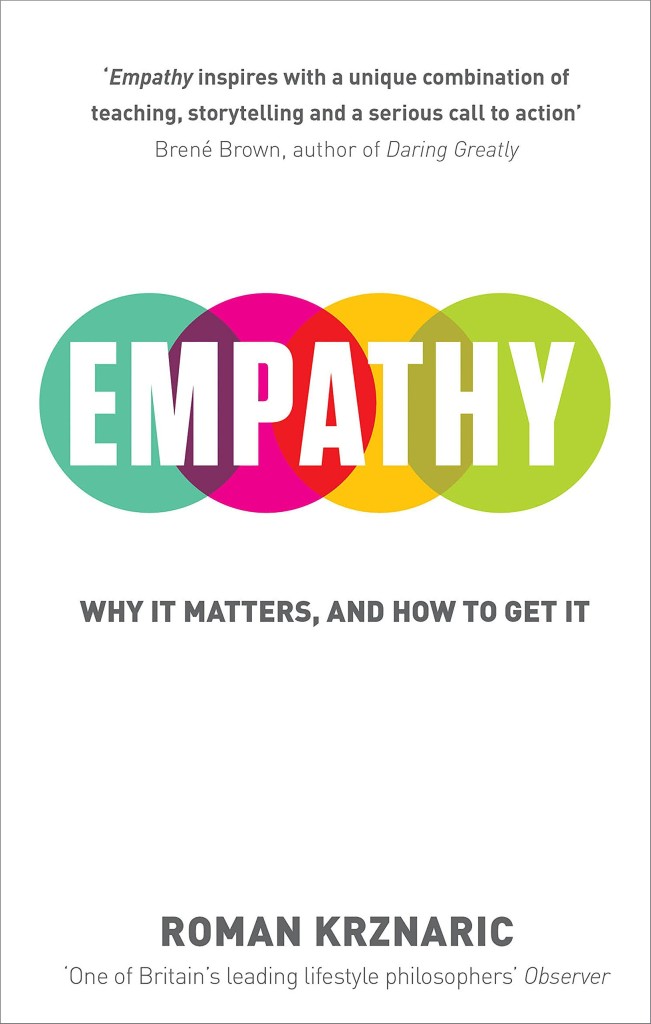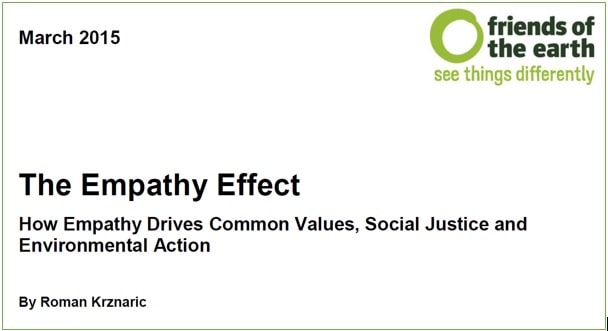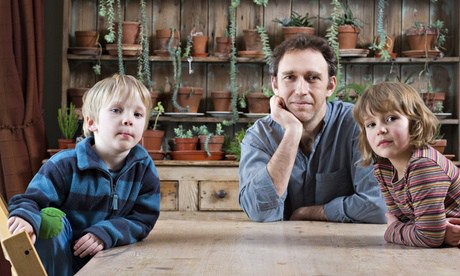Big news from the Empathy Museum – we’ve made a podcast!
You might know that a couple of years ago I was involved in founding the Empathy Museum, an international travelling arts project that has so far appeared in Brazil, Australia, the UK, the US, Belgium and even Siberia (watch our intro video here).
Now, for the first time, the Empathy Museum is coming directly to you! Every week over the next year we’ll be releasing one of the stories we’ve gathered for our hit exhibit A Mile in My Shoes. So far we’ve heard from Bilal – a top amateur boxer seeking asylum in the UK, Sian – a lifesaver on the Thames, Saige – a sexual healer from Melbourne, and Gary – a prisoner-turned-artist from London.
You can listen and subscribe to A Mile in My Shoes on Acast and iTunes.
We recommend downloading to your phone, slipping on some headphones and taking a stroll while listening. If you like what you hear, please do share the podcast with others, or leave a quick review on iTunes – it really helps us get noticed by their (not very empathic) algorithms.
Huge thanks are due to the Empathy Museum’s brilliant director Clare Patey and her team. Thanks also to Loftus Media for producing the podcast, The Space for funding it, and all our fabulous audio producers who’ve taken such care collecting the stories.
Where we’ve been recently
Last month we set up shop for ten days in Worcester city centre, in collaboration with the locally based Company of Others. We traded shoes with nearly a thousand visitors and collected seventeen new stories from the people of Worcestershire. Here we are on the local news!
We also joined in with Arrival – the Mayor of London’s celebration of the Windrush generation at City Hall. We were particularly delighted to share the story and shoes of Allan Wilmot – a Jamaican who came to England after fighting in WWII and was giving a talk at the event.
And elsewhere, we brought our collection of NHS stories to the NHS Confederation annual conference and exhibition in Manchester and Glasgow – part of our ongoing collaboration with The Health Foundation.
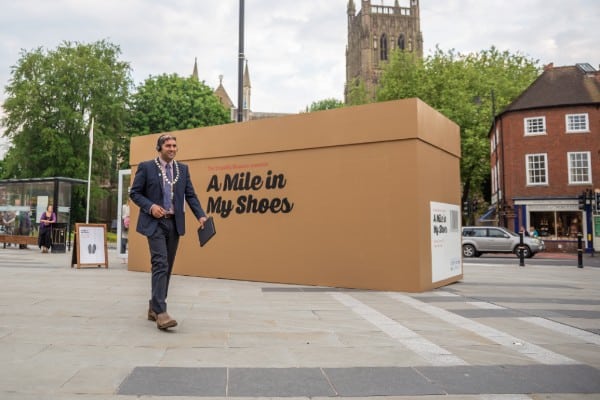
Where to find us next
In September we’re travelling to Cumbria for Lakes Alive – a free festival of art, performance, sculpture and workshops. Come and find some new shoes and walk a mile up and down the Lake District hills (we’ll be sure to bring our collection of walking boots!)
7 – 9 September, Lake District, Kendal
Find out more
Later in September we’re bringing a sprinkling of empathy to freshers’ week at the University of Sussex, when our shoebox lands at the university’s Attenborough Centre for the Creative Arts. If you’re a student there or not, come say hello!
14 – 23 September, University of Sussex, BN1 9RA
Find out more
Then this autumn we’re part of National Theatre of Scotland’s Futureproof festival, celebrating the country’s Year of Young People. We’ve been collecting new stories and shoes from young people around Moray, and we’ll be sharing them from our shoebox in Forres and Elgin.
29 September – 10 October, Scotland
Find out more
…And finally, in October we’ll be shipping our shoes across the Atlantic for the Future of Storytelling summit in New York, to explore how storytelling is changing in the digital age.
3 – 4 October, Snug Harbour Cultural Center and Botanical Garden, NYC
Find out more
If you’d like to keep up with all the Empathy Museum news, please subscribe here for occasional updates.
I hope you have a wonderful summer. I’ll be busy working on a new book on the art of long-term thinking, trying to walk in the shoes of future generations (let me know below if you’ve got any good book, film or other recommendations…).
